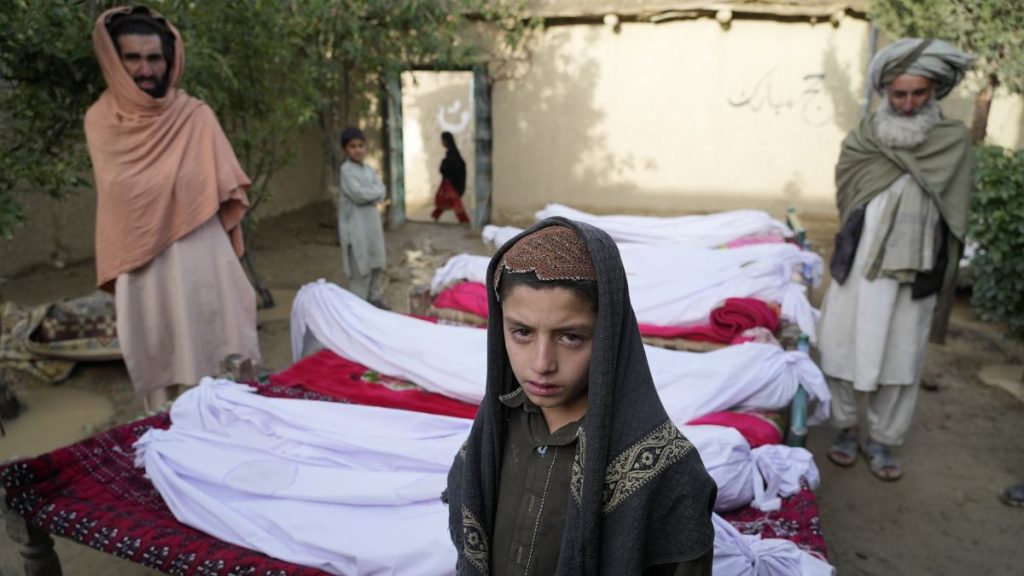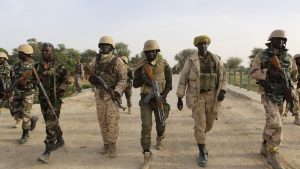‘What do we do when another disaster hits?’ Afghans face crises on all fronts after quake kills 1,000

The slow response, exacerbated by international sanctions and decades of mismanagement, concerns people working in the humanitarian space, like Obaidullah Baheer, lecturer in Transitional Justice at the American University of Afghanistan. “This is a very patchwork, band-aid solution for a problem that we need to start thinking (about) mid to long term… what do we do when (another disaster) hits?” he told CNN by phone.The magnitude 5.9 quake struck during the early hours of Wednesday near the city of Khost by the Pakistan border and the death toll is expected to rise as many of the homes in the area were flimsily made out of wood, mud and other materials vulnerable to damage.Humanitarian agencies are converging on the area, but it might be days before aid reaches affected regions, which are among the most remote in the country. UNICEF Afghanistan’s Chief of Communications Sam Mort told CNN that critical aid it has dispatched to help affected families is expected to only reach villages by Saturday. Teams deployed by the International Committee of the Red Cross (ICRC) have yet to arrive, according to Anita Dullard, ICRC’s Asia Pacific spokesperson. The quake coincided with heavy monsoon rain and wind between June 20 and 22, which has hampered search efforts and helicopter travel. As medics and emergency staff from around the country attempt to access the site, help is expected to be limited as a number of organizations pulled out of the aid-dependent country when the Taliban took power in August last year.The UN has distributed medical supplies and sent mobile health teams to Afghanistan — but warned that it does not have search and rescue capabilities, and that regional neighbors have little capacity to step in. Baheer told CNN on Wednesday that the Taliban were only able to send out six rescue helicopters “because when the United States was leaving it disabled most of the aircraft whether it belonged to Afghanistan forces or to them.”Pakistan has offered to help, opening border crossings in its northern province of Khyber Pakhtunkwa and allowing injured Afghans to come into the country visa-free for treatment, according Mohammad Ali Saif, a regional government spokesperson. “400 injured Afghans have moved into Pakistan this morning for treatment and a stream of people is continuing, these numbers are expected to rise by the end of day, Saif told CNN. Pakistan has kept a tight limit on Afghans entering the country via the land border crossing since the Taliban took power. Robert Shackleford, Yong Xiong, and Jessie Yeung contributed to this report.







